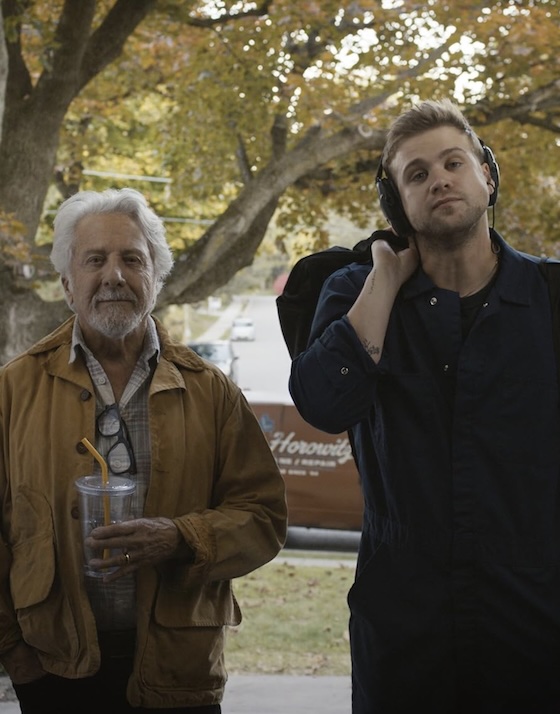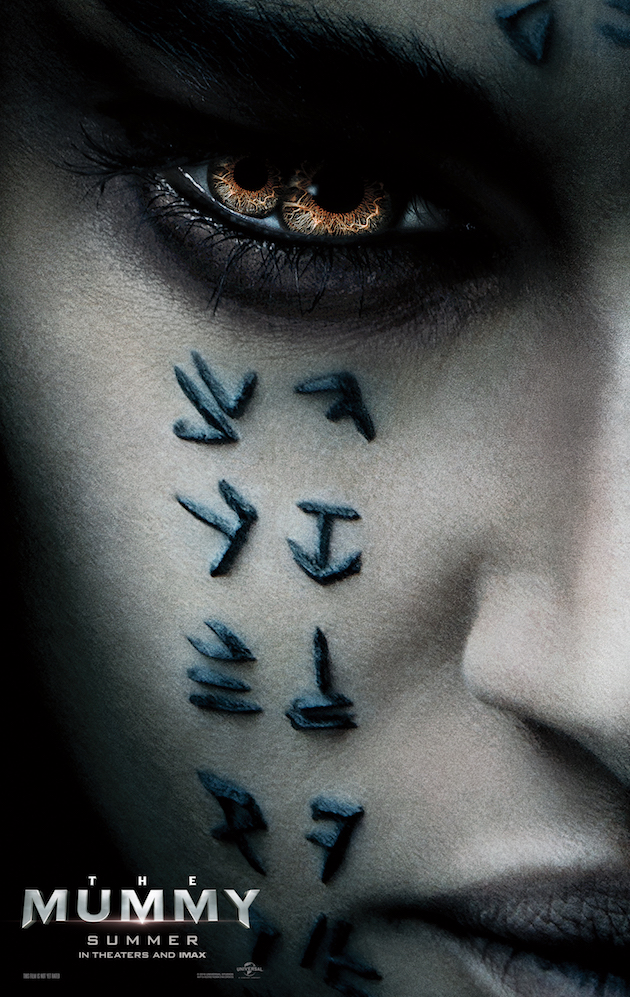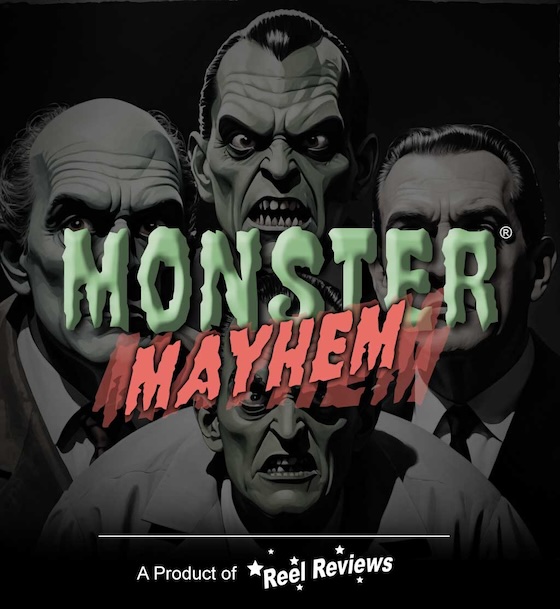{googleAds}
<div style="float:left">
<script type="text/javascript"><!--
google_ad_client = "pub-9764823118029583";
/* 125x125, created 12/10/07 */
google_ad_slot = "8167036710";
google_ad_width = 125;
google_ad_height = 125;
//-->
</script>
<script type="text/javascript"
src="http://pagead2.googlesyndication.com/pagead/show_ads.js">
</script></div>{/googleAds}Having cut his teeth with involvement in no fewer than four Hollywood films about baseball, including the superb 1993 classic The Sandlot, Filmmaker David M. Evans loves sports and clearly knows how to stage thrilling baseball sequences. Good thing, because other than what happens on the playing field in The Final Season, there's not much else going on. The fact that it's a wholesome, sweet story that can be enjoyed by the entire family makes it difficult to be very critical, but then again, sweet and wholesome doesn't have to mean bland and typical. It's paint-by-numbers filmmaking that leaves no cliché untouched and no syrupy sentiment unexplored.
The film follows the true story of a small town Iowa baseball team that suddenly finds itself switching from powerhouse to underdog as it faces its final season before merging with a larger school district to save money. The 100-student school in Norway, Iowa has won 19 consecutive Iowa state baseball championships and the merger would not only deny the team a chance for its 20th, but it would also spell disaster for a town that defines itself by the success of its boys on the diamond. The Norway team practice sessions draw crowds that resemble Friday night Texas football numbers. And losses (which don't come very often) have a near immediate negative affect on not only the moods of the citizens but on the town's economy as well. In other words, disbanding the team is not going to go over well for the town of nearly 600.
Advocates of the merger are the school's principal (Jesse Henecke) accompanied by a beautiful school board administrator (Rachael Leigh Cook), who together attempt to assure everyone the consolidation is in the best interest of all involved. And with the ouster of long-time coach Jim Van Scoyoc (Powers Boothe) in favor of Kent Stock (Sean Astin), an unproven girl's volleyball coach, the supporters hope a losing season will help ease the emotional pain of the transition.
A recurring theme throughout The Final Season, and one that provides some of the film's best moments, is the film's representation of small town values and the worth of community. Houses have screen doors, barbershops are places of mass communication, and there's probably even a local swimming hole nearby with a rope swing. The beautiful shots of young boys playing catch amongst cows next to massive cornfields give us a first-hand idea of why baseball is so important to these people. Their dads played for Norway, and their dads before them. Much in the same way we were made to realize that baseball is more than a sport in Field of Dreams, here too we see that it's not a game, but rather a product that grows from the soil. Something as important as food. And Something that needs nourishment and care. Coach Van Scoyoc reinforces it when he growls in his Deadwood monotone, "we grow ball players like corn."
Art D'Alessandro and James Grayford's anemic script never manages to get any lift and in fact, bogs down in the threads outside the baseball action. There's a romantic spark between Coach Stock and Polly, the school board administrator that feels unnatural and forced. We never believe in their relationship and that whole plotline just feels like a vehicle to satisfy the romance lovers rather than anything important to the story. Similarly, nearly all the other characters are way too underdeveloped, and subsequently never allow us to really care about what happens to them. The closest anyone comes to a sympathetic character is Mitch Akers (Michael Angarano), a rebellious teen who finds his way in baseball when his father (Tom Arnold) brings him to Norway to live with his grandparents.
Once the film gets to the baseball action, things get a bit more interesting. Even so, we don't experience anything we haven't seen in dozens of other baseball movies. In their final season, Norway gets off to a bad start, but a series of come-from-behind wins, suicide squeezes, and heroic home runs put the team in position for its 20th straight state championship. As closing titles inform us of the monumental success experienced by former Norway baseball players, we get the feeling that the real story is way more interesting than the movie. Great sports movies always take viewers on an emotional roller coaster. Every man knows how therapeutic a good sports cry can be, and there's nothing wrong with standing in the aisle to applaud a great comeback. But The Final Season never approaches that emotional level. Sure, the "true" part of the story is indeed an inspiring one, but too much was lost in the translation to the screen.
DVD Details:
{pgomakase}



































